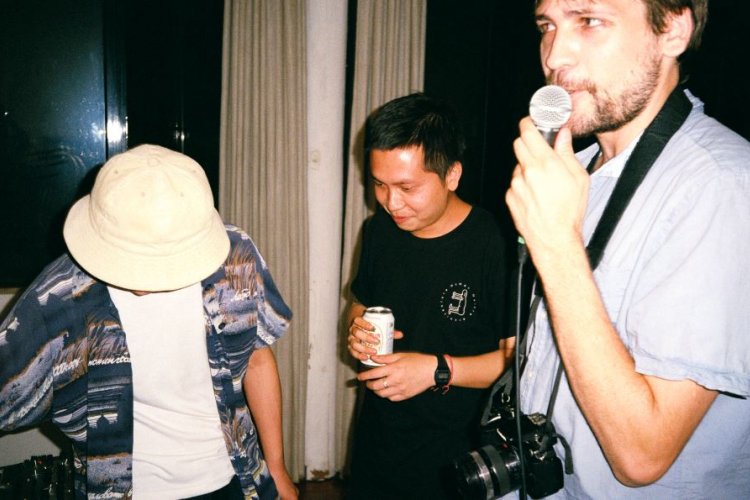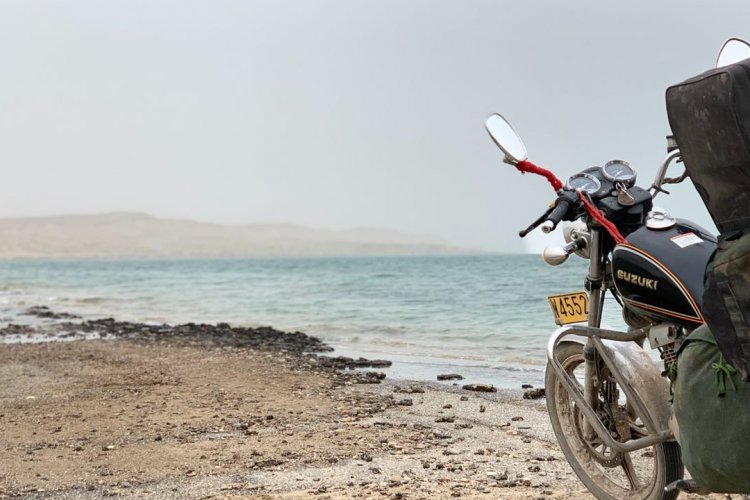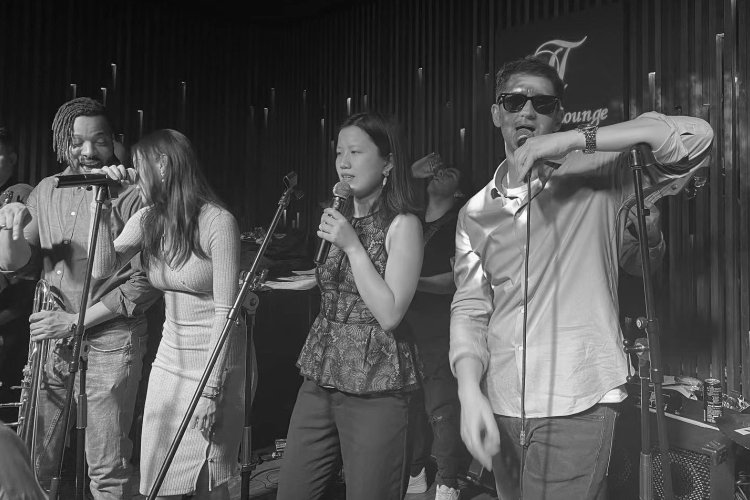Punk Projections: Yangon Director Talks the Tough Side of Filmmaking
From the gleaming golden Shwedagon pagoda, to the jagged spiky hair of a bristling subculture, Alexander Dluzak and Carsten Piefke wanted to film every edgy surface of a city like no other. They shot their documentary Yangon Calling in the former Burmese capital in 2011. Shortly after they left, the regime relented to a (at least semi-) civilian government, and the pariah nation (now known as Myanmar) began opening its borders to the world. Its current democratic leaders seem eons ahead of the military junta that crushed any dissent with impunity up until a few short years ago. Dluzak says those whiplash quick reforms were dizzying.
“Six weeks after we left Myanmar, the situation there changed dramatically.” He’s talking in the lead-up to the screening of Yangon Calling that he will host at this year’s JUE Festival. “We wondered: ‘What does this mean for our material? Did we waste our time?’ But then, for weeks, Myanmar was in the headlines, and the interest in our movie was bigger than we could’ve imagined.”
Not everyone was so enthused about the film, especially those who had to live with those tumultuous shifts. Dluzak and Piefke didn’t focus on the country’s politics or dissidents, but instead on its cultural rebels and punk rockers. At first it seemed that local bands like Side Effect and CultureShock were overjoyed to be filmed. But as the documentarians tagged along to a concert, the musicians grew dangerously expressive.
“There were about 100 punks there, dressed really old school, it looked like the UK scene in the early ’80s,” Dluzak says of the surreal scene, before describing how things grew even stranger. “During the show they started to shout: ‘There are no human rights in Myanmar!’”
Dluzak feared everyone would be arrested, or worse, as he caught the seething affair on film. He was also thoroughly thrilled by it. Audiences were too. The documentary was screened at dozens of festivals around the world, and Dluzak sold segments of it to broadcasters in Germany and the Netherlands. But the praise wasn’t universal.
“(CultureShock front man) Scum says it’s full of lies. Maybe hating the documentary is the punk rock thing to do,” Dluzak says with a laugh. “They called us ‘exploitive’. It’s sad, because we tried to avoid that. They told us a lot of intense things. We felt like we were holding them in our hands a bit, having such intimate material.”
Piefke agrees that it isn’t easy to remain emotionally detached from the subjects of such a project. But, after returning to Myanmar for a brief visit last year, he says things have simmered.
“I talked to them, and now everything is ok. Part of the problem was also that it’s not easy to see yourself in a movie. They see themselves differently, but we told the story from our point of view.”
Side Effect frontman Darko declined to comment about the whole affair, only saying that he was glad the documentary will be screened in places like China’s capital. Dluzak – who has friends in Beijing’s budding documentary scene – has pointed advice for directors who worry about being caught in such rows.
“Just go for it,” he says to Beijing’s aspiring auteurs, adding that the best movies rarely feature amiable subjects or cozy locales. “We stayed in a ten-dollar room full of cockroaches in Burma. We were paranoid that the nosy cab drivers would snitch on us to the cops. And we paid for the whole thing out of our own pockets. It’s not always fun to shoot documentaries, but it’s usually worth the risks you take.”
Yangon Calling will be screened on Mar 11 at the Moma Auditorium in inside Dangdai Moma. For more information visit Juefestival.com
This article originally appeared in our March 2014 issue.
Photos: courtesy Matt Grace






